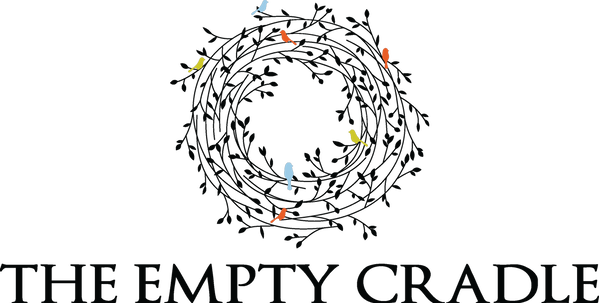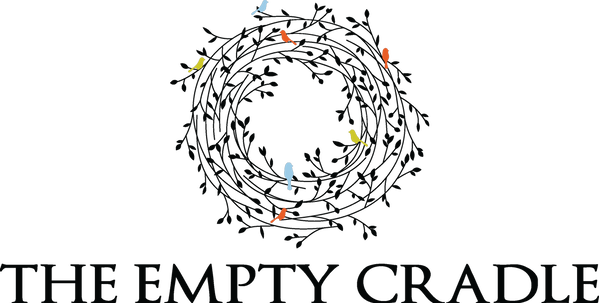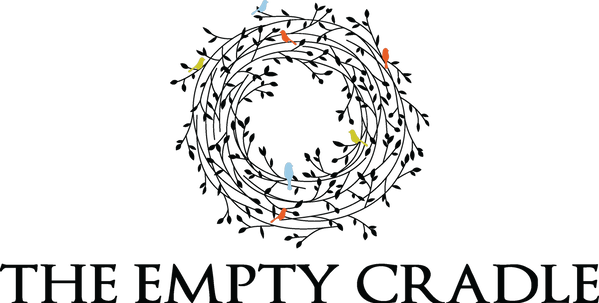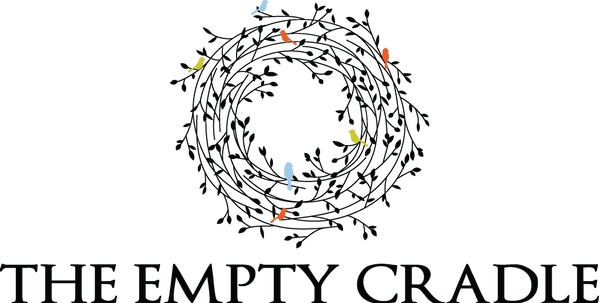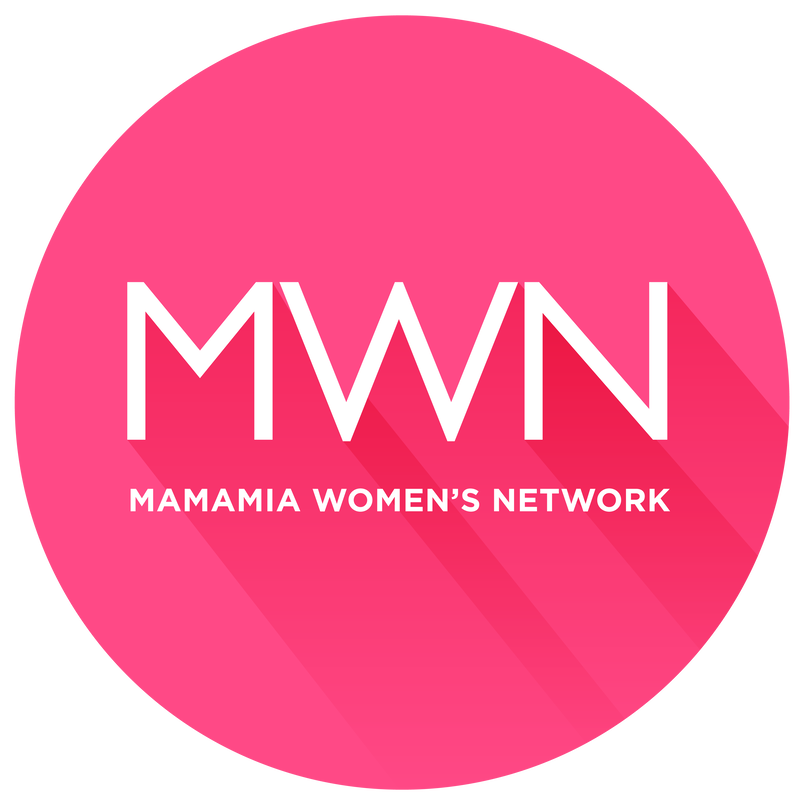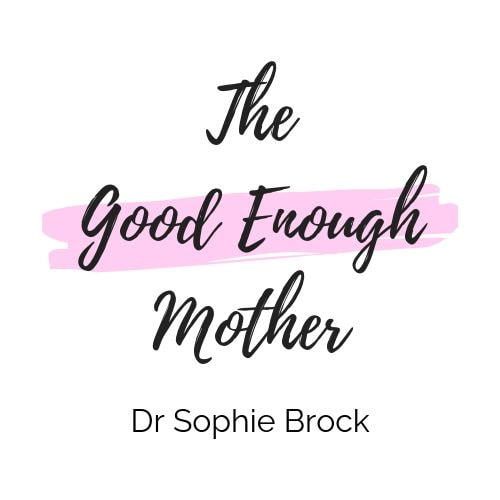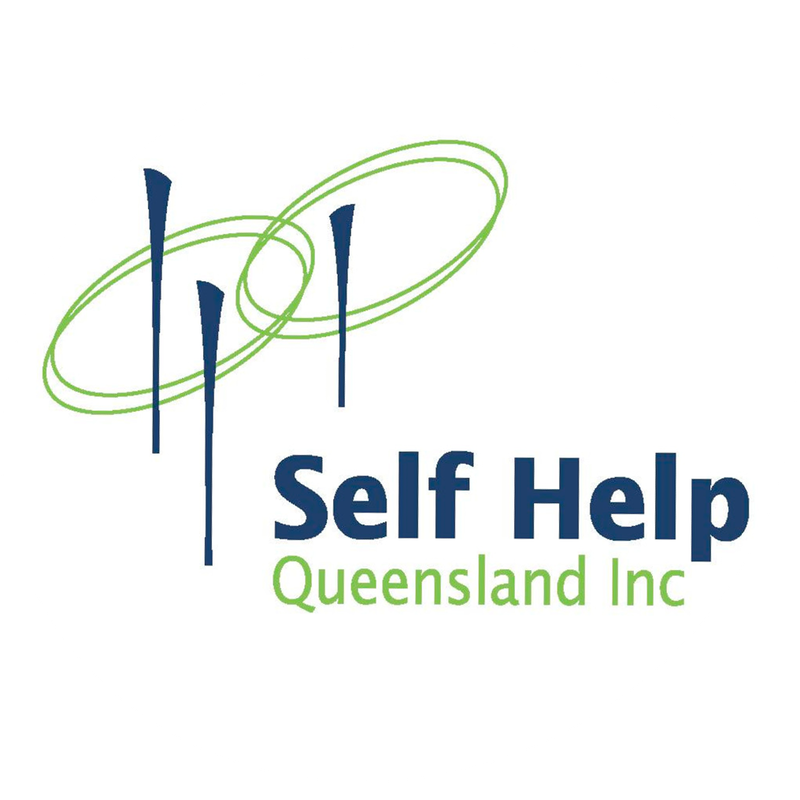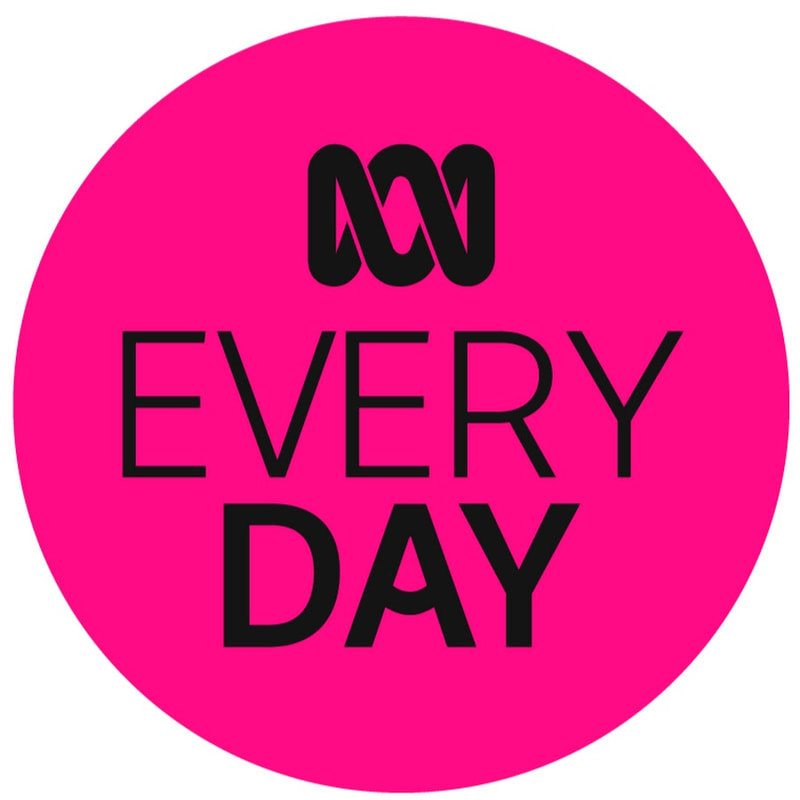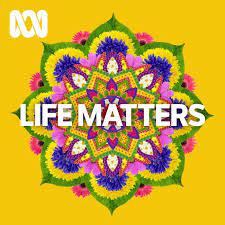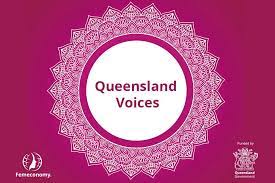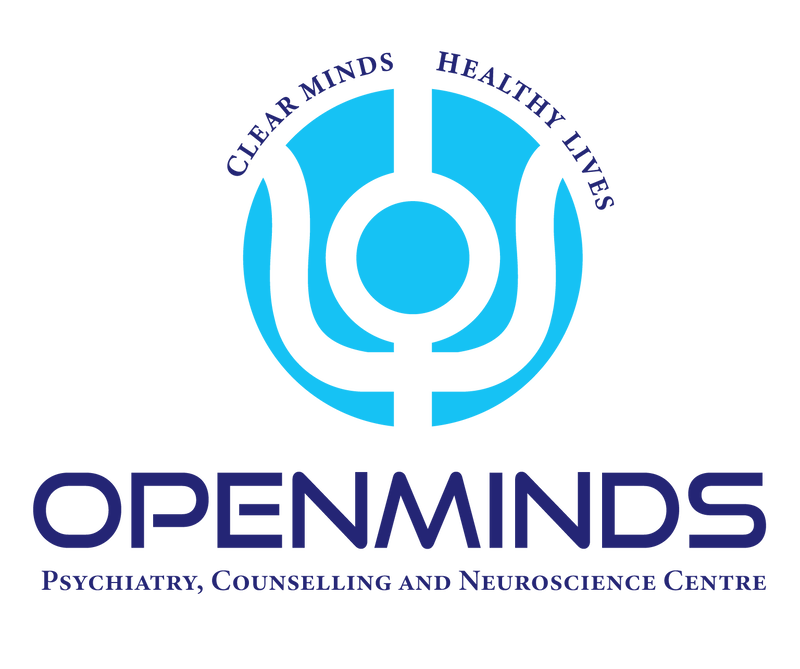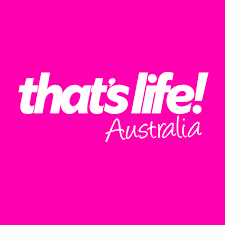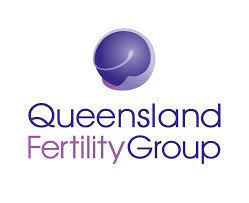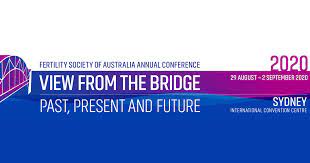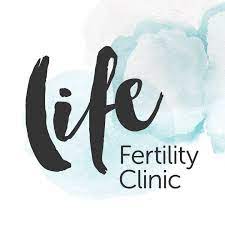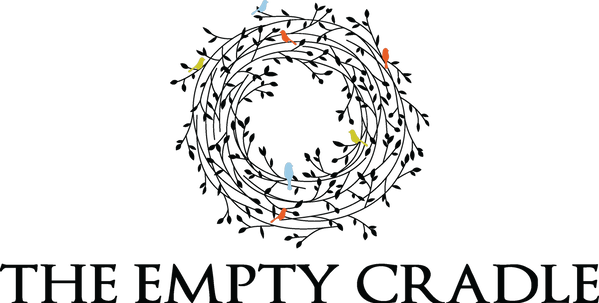|
Woman without kids, Childless not by choice
Infertile, Barren, Childless, Childfree Childless by circumstance Involuntarily childless Something else? or Just me... However you describe yourself...
However got you here... Not being a mum bruised your heart, in fact, it probably broke it. We get it. We live with similar heartache. Yet, here we are... crafting humble, and sometimes joyful lives without kids. Come join us, as we work this out... ~TOGETHER ~ Supports women, who had hoped to be mothers, to grieve the loss and craft lives of connection, meaning and joy.
We hold space for you to understand and grieve the losses, make sense of things, deal with difficult emotions or complex social situations, perhaps even broken relationships. We help you to renew and find yourself again, and craft a beautiful life with or beyond childlessness. However you got here, we support you to grow (and perhaps even flourish) as an older childless woman. WE OFFER
* individual counselling and mentoring for involuntary childless women *in person and online group workshops, webinars, courses and programs with additional individual and group support * community education, conference presentations and public speaking * media articles, podcasts and other resources * in-service professional training & consultations for the ART sector, general clinicians, counsellors and therapists. * other (as requested) CONNECTING WITH US
IS ONE OF THE FEW PUBLIC VOICES REPRESENTING THE PERMANENT INVOLUNTARILY CHILDLESS LIVED EXPERIENCE.
MEDIA, PODCASTS, PUBLIC SPEAKING, PUBLISHING SPECIALIST TOPICS: Involuntary childless perspective on: Population and social policy Childlessness by circumstance and infertility Psychological care during and following fertility treatment Health and wellbeing of involuntary childless people Permanent involuntary childlessness Involuntary childlessness grief and renewal Life as an older, childless woman Stigma, social inclusion and exclusion Emotional triggers and microaggressions toward involuntary childless people Workplace inclusion and ageing without children Research and public policy Other on request ARE YOU INCLUSIVE OF INVOLUNTARY CHILDLESS PEOPLE? When you engage with others, do you assume they are either parents or childfree by choice? If so, you might be excluding the lived experience of up to 15-18% of the adult population. That's actually a lot! We are daughters, sisters, friends and colleagues. You might be unintentionally triggering our grief and trauma, or implementing policies based on stigma and stereotypes that exclude us. You might be wondering how to support us better. PLEASE REACH OUT. HAS BEEN FEATURED IN:
Come, join us as we travel this path together...
|
What our clients are saying...Finding The Empty Cradle was such a relief. The day I walked out of the IVF clinic, I was shattered, numb, I felt totally alone. No one around understood what I was going through. Talking to Sarah helped me understand that I was in deep grief, how to handle it and most importantly, that my reactions were normal. |
Reach out todayWe’d love to talk with you
|

